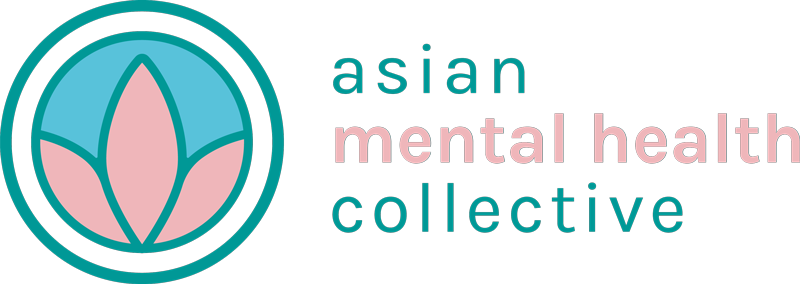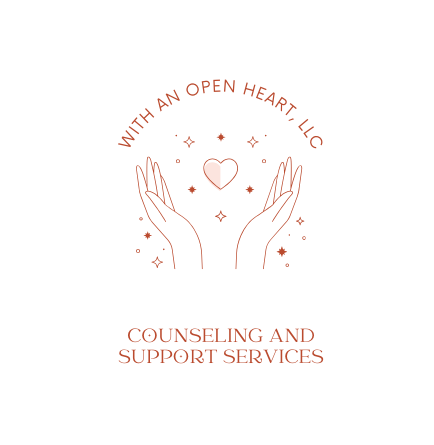We were lucky to catch up with Britta Kekaula recently and have shared our conversation below.
Britta, looking forward to hearing all of your stories today. Was there an experience or lesson you learned at a previous job that’s benefited your career afterwards?
My last job working as a clinician in community mental health (CMH) with populations not supported by strong systems of care, was both humbling and difficult.
I had just transitioned from a research hospital in a major city on the east coast that prioritized academic achievement and innovation, to then, working as a clinician at a community health clinic in an underserved urban area. While I had previously interned at a community mental health agency, the community I served at that point had all the societal advantages to focus on preventative health measures.
In contrast the population I served in my previous position faced acute and urgent challenges. Working in this new setting was demanding. It was demanding in that it exposed me to an incredible volume of people I hadn’t imagined seeing one-on-one. It demanded connection, humility, and non-judgment. It instilled in me the understanding that everyone has their own path and doing their best. Most of all, it challenged me to recognize my purpose and my role in the larger system.

Britta, before we move on to more of these sorts of questions, can you take some time to bring our readers up to speed on you and what you do?
I’m a licensed therapist with a background in psychology and an MSW, specializing in trauma and violence. My path into mental health has been long and intentional. I started out providing in-home respite and habilitation for children and adolescents with developmental delays, often under supervisors who used ABA. I was doing this work full-time while finishing my undergrad in psychology at ASU. After earning my bachelor’s, I moved to Detroit. I continued residential work, and began in-clinic work, where I went from observing and aiding in ABA to actually running sessions as a trained lead therapist. I worked primarily with clients on the autism spectrum and those with more acute developmental diagnoses.
Recognizing that I wanted to widen my scope, I began looking into graduate school. It was important I learn in an environment that aligned closely with my long-term goals. Preparing for a strong grad school influenced me to shift out of ABA and take a position as a medical assistant at a private psychotherapy practice. There, I had the opportunity to work alongside licensed professionals across disciplines which helped me better understand the field and clarify what I valued most.
After being accepted into grad school, I relocated again, became a full-time student, and worked in case management at a children’s hospital. That experience, combined with my graduate-level coursework, really solidified my understanding of the impact that community and policy have on healthcare.
Currently, I work at a private group practice that focuses on marginalized communities, particularly women of color. I provide individual therapy with a focus on anxiety, depression, trauma, life transitions, and the unique challenges that come with being bi-racial and/or a first-generation immigrant. Many of my clients are navigating layered challenges, including systemic stressors, identity development, personal and generational trauma, and the pressure of balancing multiple cultural expectations.
What makes me different as a therapist is my commitment to cultural humility and truly meeting people where they are. My clinical orientation is relational-cultural, so I deeply believe healing comes from within the self, nurtured through authentic relationships. Therapy is collaboration, working alongside clients to build genuine connection, hold space without judgment, and tailor the process to each person’s unique journey.
My mission is to be a steady support for people who feel scared but want to heal. I want my clients to see how strong they really are and help them become their true selves, in hopes that they can live the life they’ve always wanted, even if they didn’t think it was possible before.
What I’m most proud of is helping clients recognize and celebrate their progress. In the moment, challenging situations or circumstances can feel overwhelming and impossible. But when we look back weeks or months later, clients initially downplay how far they’ve come. Taking the time to acknowledge those victories is one of my favorite parts of the healing. It’s proof of their resilience and a reminder that they were able to get through whatever it was all along.
What I want people to know is that therapy, to me, is about making space for real self-discovery, authenticity and healing, at whatever pace feels right for you. I’m here to listen, support, and walk with you on your journey.
We’d love to hear about how you met your business partner.
She’s not my business partner, but my clinical supervisor and the owner of our group practice. While I’ve been a social worker working toward independent licensure, I found myself struggling to connect with the supervisors I had been assigned in the past. It wasn’t anything personal, it felt more systemic. There was a sense of detachment in clinical management, which made sense given the long-term exposure to the demands of the work. Additionally, the focus on quota-driven goals and maintaining self-care just to meet those goals overshadowed the kind of learning and growth I was really looking for after my schooling.
While I was navigating life changes, I made the decision to slow down, actually prioritize self-care, and take space to refine my personal and professional goals. I’ve always been someone who’s fully committed even when something might not be the best fit. Knowing that about myself, I became more intentional about how to move forward once I realized I had a choice.
I knew I wanted to work with someone who genuinely cared about the populations they served, shared my values, and followed through on what they advocated for both culturally and clinically. Someone who could assist me in providing quality therapy.
I ended up finding my current supervisor the same way clients often find me: Psychology Today. Her mission really spoke to me: she focused on intergenerational healing and seemed genuinely committed to supporting individuals affected by social inequality. I cold-called her, and everything she shared in that conversation matched what she had presented. Our missions aligned, and after what felt like forever, I found someone that felt like the right fit.

Training and knowledge matter of course, but beyond that what do you think matters most in terms of succeeding in your field?
Outside of training and education, I think what’s most important in this field is having personal insight. You have to know yourself, be willing to sit with discomfort, admit when you’re wrong, and stay open to learning. I also think it’s important to remember that things aren’t always static. Situations are temporary, people are constantly evolving, and life demands a certain level of flexibility (and that’s okay). Another note is to remember that every person is the main character in their own life.
Contact Info:
- Website: https://www.psychologytoday.com/us/therapists/britta-kekaula-with-an-open-heart-tempe-az/1418993
- Linkedin: https://www.linkedin.com/in/brittaney-grelle
- Other: https://openpathcollective.org/clinicians/brittaney-kekaula/
https://withanopenheartllc.com/



